Stage 4 Liver Cancer: Symptoms, Treatment, and Prognosis
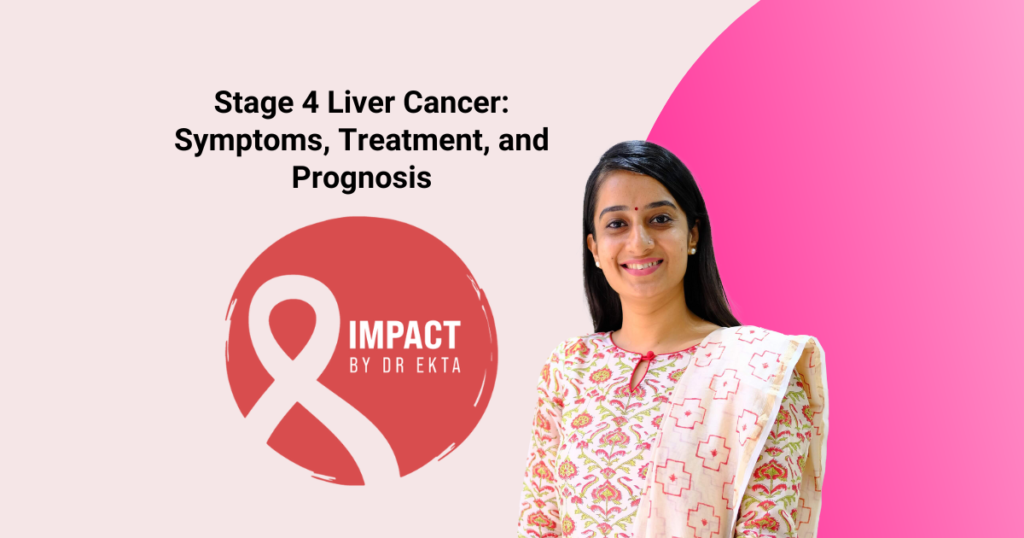
When I sit across from a patient to explain that their liver cancer is at stage 4, I understand the weight of that moment. It’s one of the hardest conversations we have in oncology. But here’s something I always emphasize: while Stage 4 liver cancer is advanced, there are still ways we can manage it, […]
World Ovarian Cancer Day: Awareness, Support, & Resources
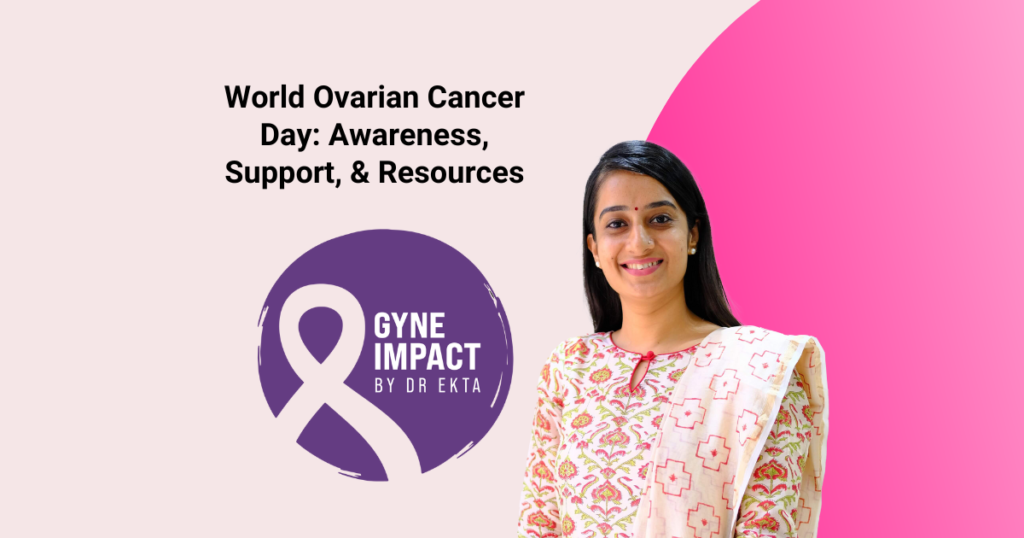
Every year on May 8th, we come together for World Ovarian Cancer Day. This day is all about raising awareness for ovarian cancer, a disease that often goes unnoticed until it’s too late. It’s a chance to highlight the importance of early detection, support those affected, and push for better research and treatment options. With […]
Can Ovarian Cancer Spread? Risks and Implications
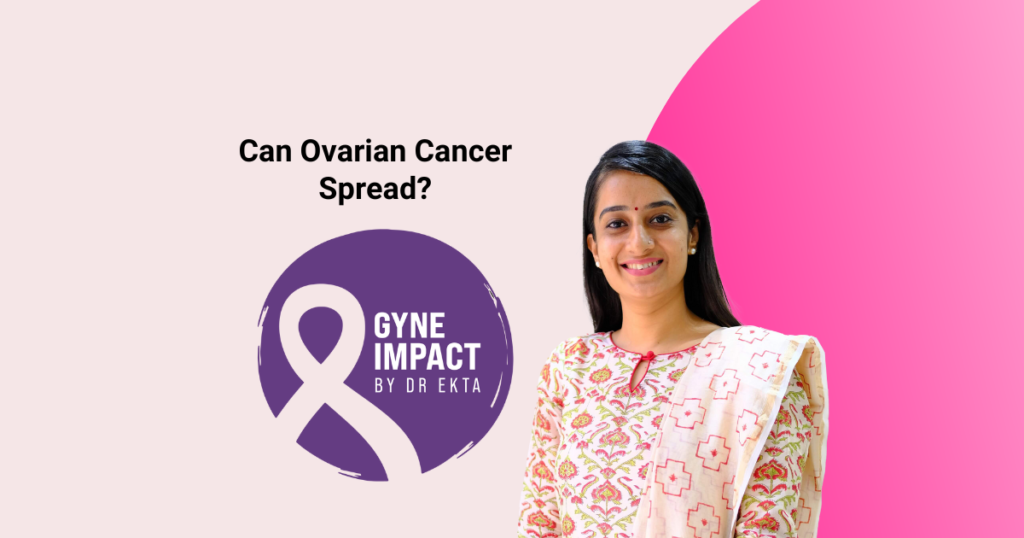
Ovarian cancer is a significant health concern that can progress silently, often going undetected until it reaches advanced stages. Understanding the mechanisms of its spread, recognizing early symptoms, and being aware of risk factors are crucial steps in early detection and effective management. How Does Ovarian Cancer Spread? Ovarian cancer can disseminate through various pathways: […]
Thyroid Cancer Cure Rate: Survival Statistics & Treatment
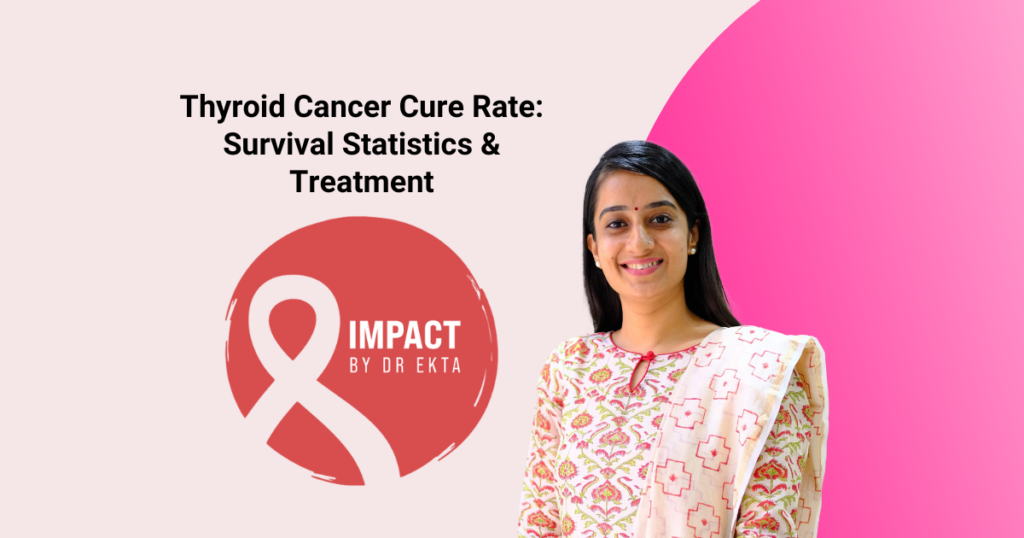
Thyroid cancer is a condition where malignant cells form in the tissues of the thyroid gland. Fortunately, when detected early, most types of thyroid cancer have a high survival rate. In this comprehensive guide, we will explore the cure rate, survival statistics, symptoms, diagnosis, and treatment options. We’ll also address common concerns and questions patients […]
Endometrial Cancer: Symptoms, Diagnosis & Treatment
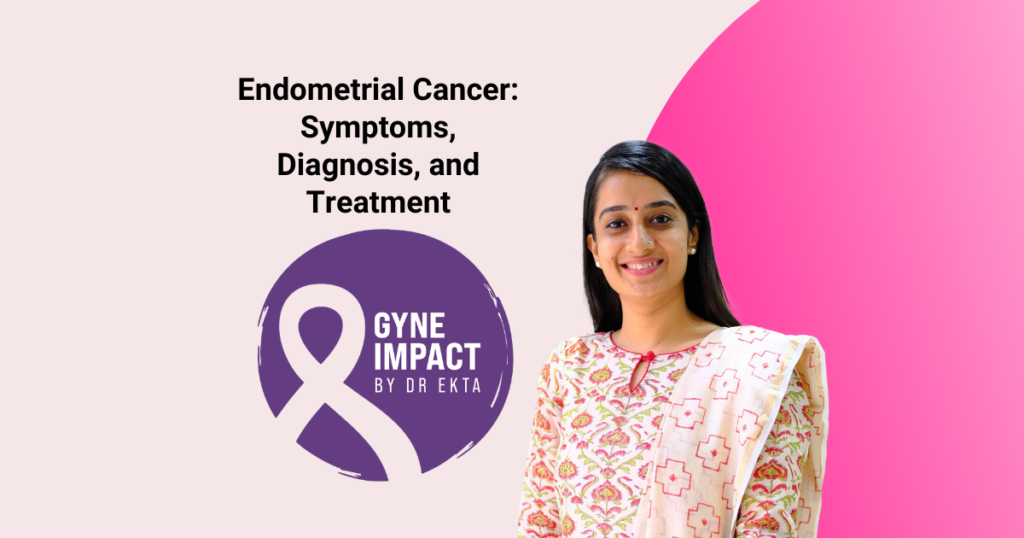
Endometrial cancer is one of the most common types of gynecological cancers. It begins in the lining of the uterus, called the endometrium. When diagnosed early, this type of cancer is highly treatable. In this blog, we will explore the symptoms, how it’s diagnosed, available treatment options, and important information every woman should know. What […]
